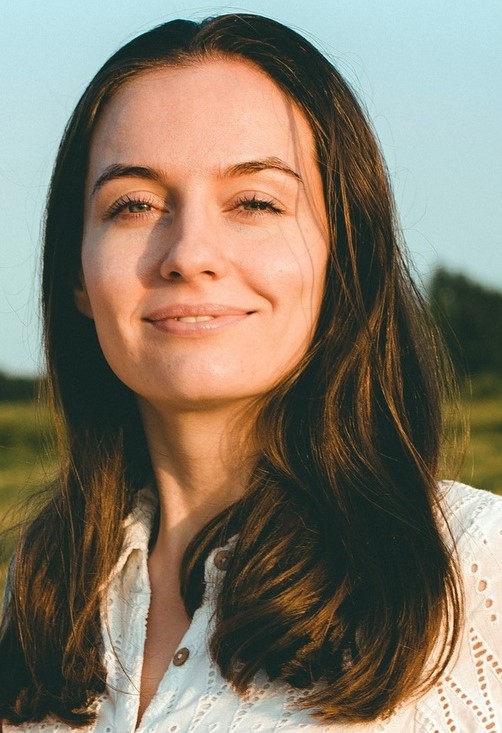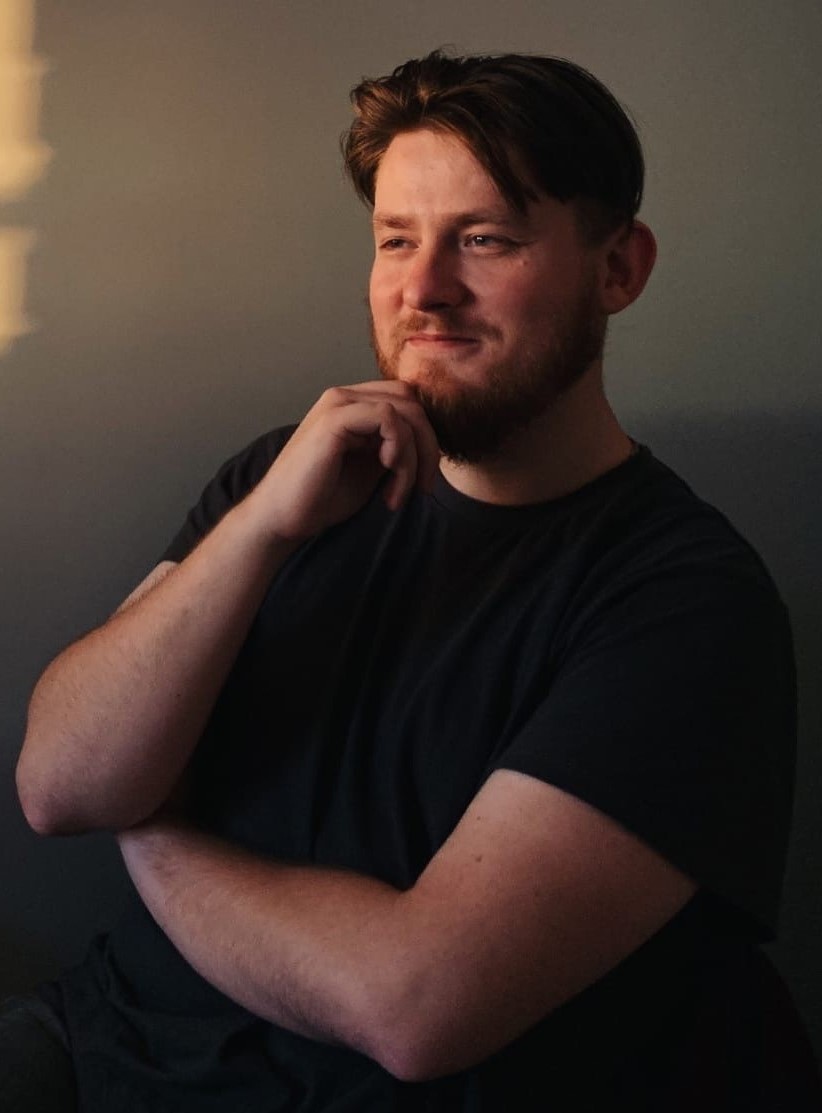The article analyzes the phenomenon of Old Believer fairs and sampling based on the methodology of “new theory” within the framework of market model of religion (R. Finke, R. Stark, et al.). The main aim of the study is to maintain the tenets of new theories of rational choice in religion based on cultural samples of Old Believers, including the components of fairs. Due to the lack of an official church, the general level of religiosity may be quite high, due to free competition among churches and denominations. In addition, the state, acting as a participant in the religious market, also guides consumers in their rational choice. General theses of this theory are explored through the example of contemporary Old Believer festivities and fairs, which although popular and clearly demonstrate the specific features of the religious marketplace in Russia, have not been previously studied scientifically. The authors tried to identify what values are offered in the form of goods, as well as to what extent the Old Believers' offer corresponds to consumer demand and is capable of attracting the interest of the state. The researchers' tasks also included analyzing the coverage of Old Believers fairs and festivals in media space, products offered at them and values represented as part of self-representation by Old Believer denominations. Main conclusions presented in article are based on analysis of large number of publications from various Internet information sources (media, social networks) data obtained during survey of participants and organizers of events, as well participant observation at fair in Lykova village, Novgorod region; Lampovo village, Leningrad Region and Rogozhskaya Sloboda, Moscow, conducted by authors in 2021–2023.
Key words: religious market, self-representation of religious communities, postsecularity, religious fairs, Old Believers, the Pomorian soglasiye (creed), the Belokrinitskoe soglasiye (creed)
DOI: 10.22250/2072-8662-2024-3-128-136
About the authors
 |
Alexandra A. Boytsova – Research fellow of Scientific-Research Center, Yaroslav-the-Wise Novgorod State University; 41 Bolshaya Sankt-Peterburgskaya St., Veliky Novgorod, 173007, Russia, |
 |
Ilia A. Melnikov – PhD in History of Culture, Lead Researcher of Scientific-Research Center; Yaroslav-the-Wise Novgorod State University; 41 Bolshaya Sankt-Peterburgskaya St., Veliky Novgorod, 173007, Russia |






